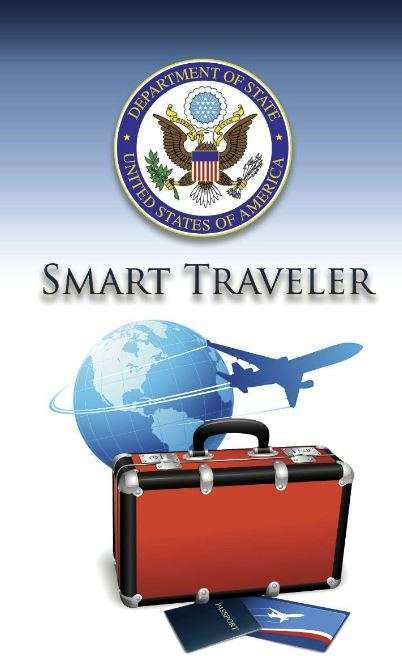Better Safe than Sorry – International Travelers Should Register with the Department of State Smart Traveler Enrollment Program (STEP)
While many travelers may be aware that most countries abroad have a US embassy to contact in case of emergency, they may not be aware of a program run by the US State Department for travelers who travel outside of the United States. The Smart Traveler Enrollment Program, or STEP, is a simple online registration that can prove invaluable in case of an emergency while traveling or living abroad. By informing the US Department of State about your trip or residence abroad, you help the embassy or consulate locate you when you might need them the most.
What is the STEP Program
Formerly known as the “Registration with Embassies Program,” STEP allows travelers to create an account, sign in, and inform the proper consulate officers of their plans, locations, and contact information. This makes it easier for US officials to assist US citizens should an emergency or difficulty arise on foreign soil. The Smart Traveler Enrollment Program (STEP) is a free service provided by the US government to US citizens.
STEP is not only able to provide travelers with the latest safety and security announcements automatically but can also inform the traveler’s family and friends. The travel and contact information a traveler enters into the Smart Traveler Enrollment Program will make it easier for officers in U.S. embassies and consulates around the world to contact them and their loved ones during an emergency —including situations where the traveler’s family or friends in the U.S. are having problems trying to contact the traveler. The STEP program also allows Americans residing abroad to get routine information from the nearest U.S. embassy or consulate.
Smart Traveler Enrollment Program (STEP)
Registering with STEP is easy, just enter your U.S. details including the name and contact information of family or friends not traveling with you. You only need to sign up once, and then you can add and delete trips from your account based on your current travel plans. Signing up is voluntary and costs nothing!
Chances are you’ll never encounter a bad situation on a trip abroad. Still, it makes sense to sign up and should be a big part of your travel planning and security—just to be on the safe side. To learn more about this highly recommended program and to find out how to register in the Smart Traveler Enrollment Program (STEP), visit the Smart Traveler Enrollment Program.
Additional Articles You May Like





